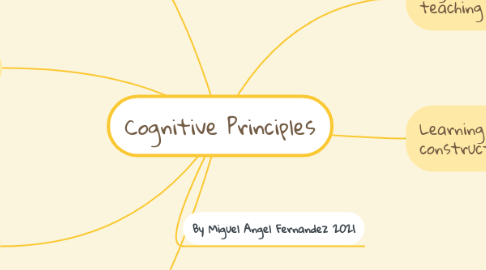Learning can become routine learning, just taking isolated bits and pieces of information that are not connected with one's knowledge and has little chance of creating long term memories, while meaningful learning creates new information into existing structure and memory systems resulting in the create of new knowledge and stronger retention.


